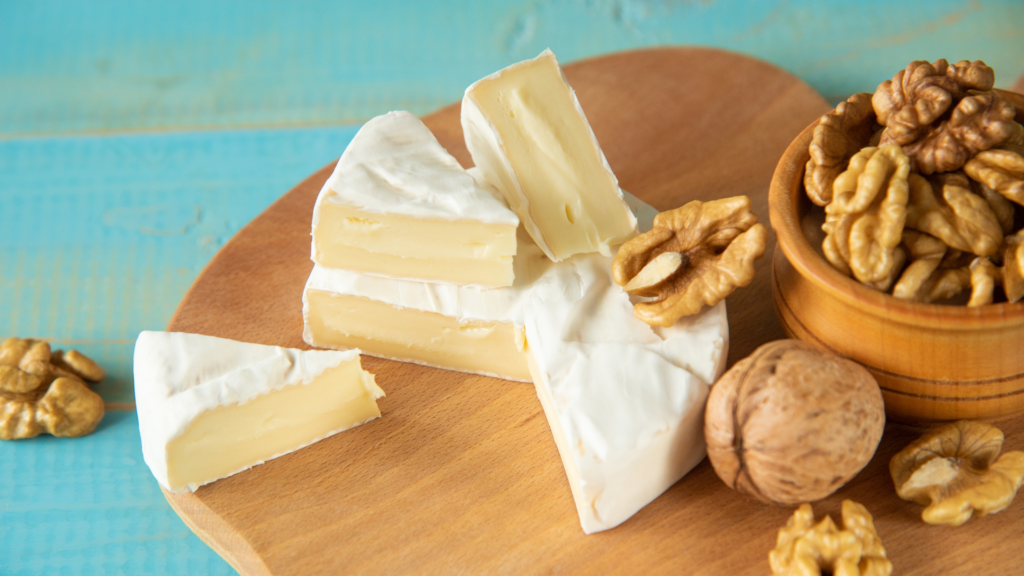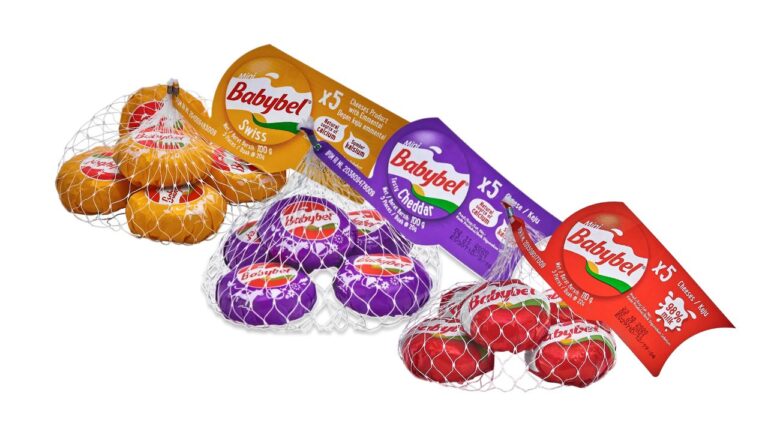Milk is indeed known as the most easily found source of protein and calcium. However, it’s not uncommon for cow’s milk to trigger allergies. Is Belmoommy’s little one experiencing this?
If so, you don’t need to worry because you can replace cow’s milk with alternatives. Keep reading until the end because we will provide some recommendations for cow’s milk substitutes, especially for Belmoommy!
Cow’s Milk Allergy
Cow’s milk allergy is an immune system reaction to proteins found in cow’s milk. This reaction can occur in babies, children, and adults.
Symptoms of cow’s milk allergy can range from mild to severe. Mild symptoms include skin rashes, itching, and nausea. Severe symptoms include vomiting, diarrhea, shortness of breath, and anaphylaxis.
Read More: Find Out The Various Benefits of Breakfast!
Cow’s Milk Alternatives
1. Plant-Based Milk
Plant-based milk is made from plants such as soybeans, almonds, oats, rice, and coconut. Plant-based milk is generally lactose-free and cholesterol-free, and rich in calcium, vitamins, and minerals.
2. Seeds
Seeds such as chia seeds, flaxseeds, and hemp seeds are rich in calcium, protein, and fiber. These seeds can be added to smoothies, oatmeal, or yogurt.
3. Nut Milk
Nut milk such as almond milk, soy milk, and cashew milk are rich in protein, calcium, and vitamins. These drinks can be enjoyed directly or mixed with cereal.
4. Coconut Water
Coconut water is rich in electrolytes such as potassium, magnesium, and sodium. Coconut water can help rehydrate the body and maintain electrolyte balance.
5. Cheese
Some types of cheese, such as cheddar, parmesan, and mozzarella, contain relatively high amount of calcium and protein. Choose cheese made from plant-based milk or long-fermented milk to reduce lactose content.
For practical and delicious options, consider products from The Laughing Cow or Babybel. These cheeses are generally low in lactose and available in small, easy-to-consume portions, suitable for healthy snacks or as additions to dishes.
Read More: Cheese Nutrition: An Essential Information
Why Can Cheese Be a Milk Substitute?
Cheese can be a milk substitute for several reasons:
- Cheese is rich in calcium and protein, just like cow’s milk.
- Cheese contains probiotics that are beneficial for digestive health.
- Cheese can be processed into various dishes, making it more versatile than cow’s milk.
However, it’s important to remember that not everyone who is allergic to cow’s milk can tolerate cheese. Some people are allergic to cow’s milk proteins, even in the form of fermented cheese.
Therefore, it’s important to consult with a doctor or nutritionist to determine the right alternative to cow’s milk for you.






